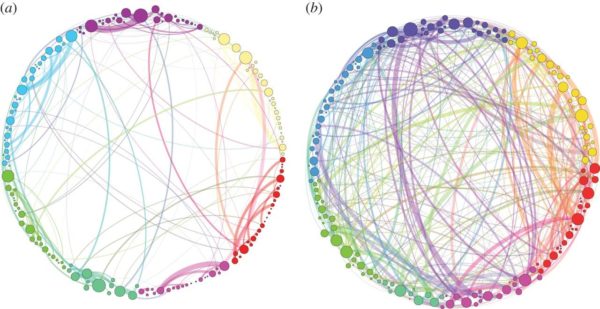

In other words, there is no one more qualified to speak on both the scientific and personal impact of trauma in a wide variety of contexts. As a clinician and researcher at Harvard University and Boston University, he has published more than 150 academic papers and led studies on the effectiveness of yoga, Eye Movement Desensitization and Reprocessing, neurofeedback, MDMA, theatre, and other methods for treating trauma. Bessel van der Kolk, summarizing his four decades of experience studying the impact of trauma on childhood brain development and emotion regulation. In fact, I have difficulty thinking of any domain that they won’t have an impact on. These findings are critically important to everything from education, to social policy, to healthcare, to law enforcement, to personal development, and far beyond. I’ve summarized the book The Body Keeps the Score (affiliate link) below because I want the information it contains to spread far and wide. I thought, could this be the key to so much that plagues us? Could it be the root cause of so many problems that keep us from achieving our most cherished goals and dreams? Even those of us who find it easy to “be productive” are not immune to the impact of trauma. They can both be forms of dissociation – an attempt to escape from the present moment. I was shocked to learn that not only is attention deficit a common symptom of trauma, but so is hyperfocus. Maintaining motivation and a sense of purpose.



 0 kommentar(er)
0 kommentar(er)
